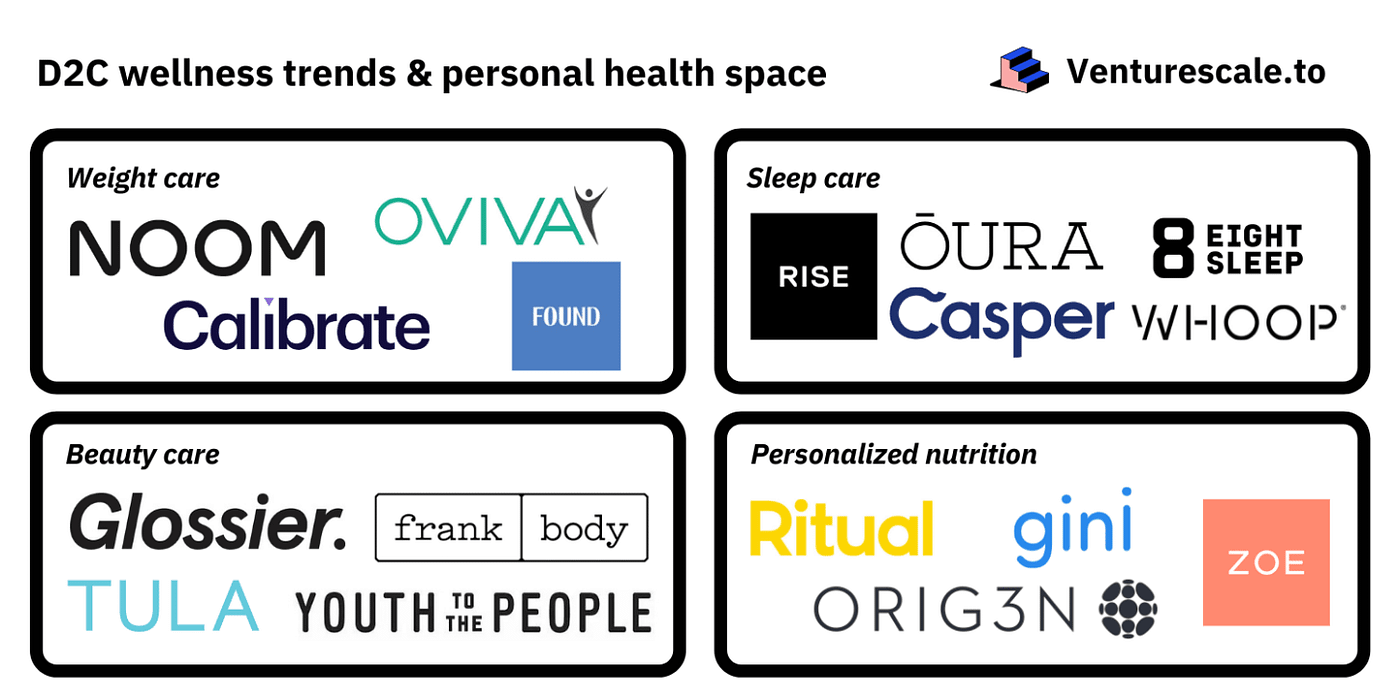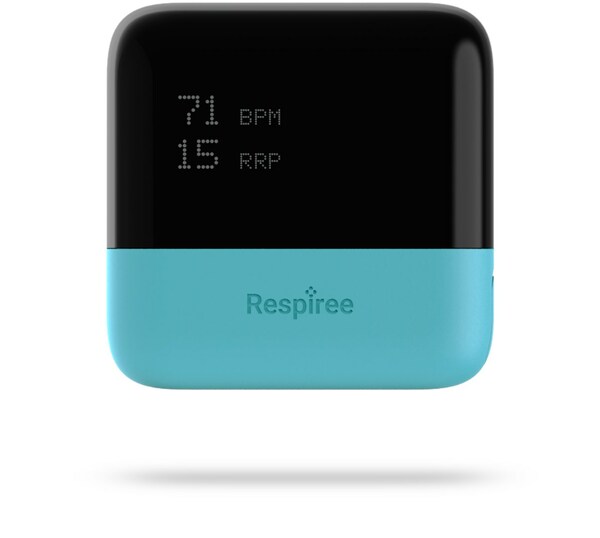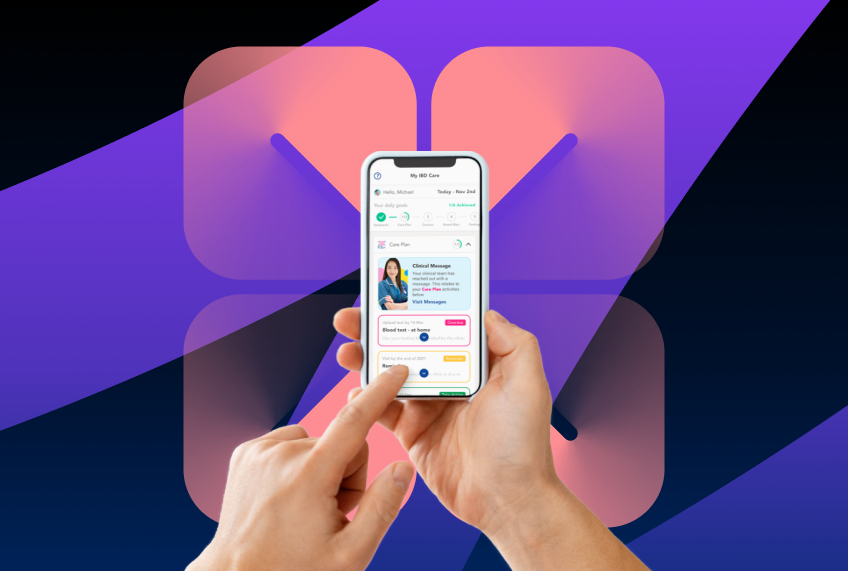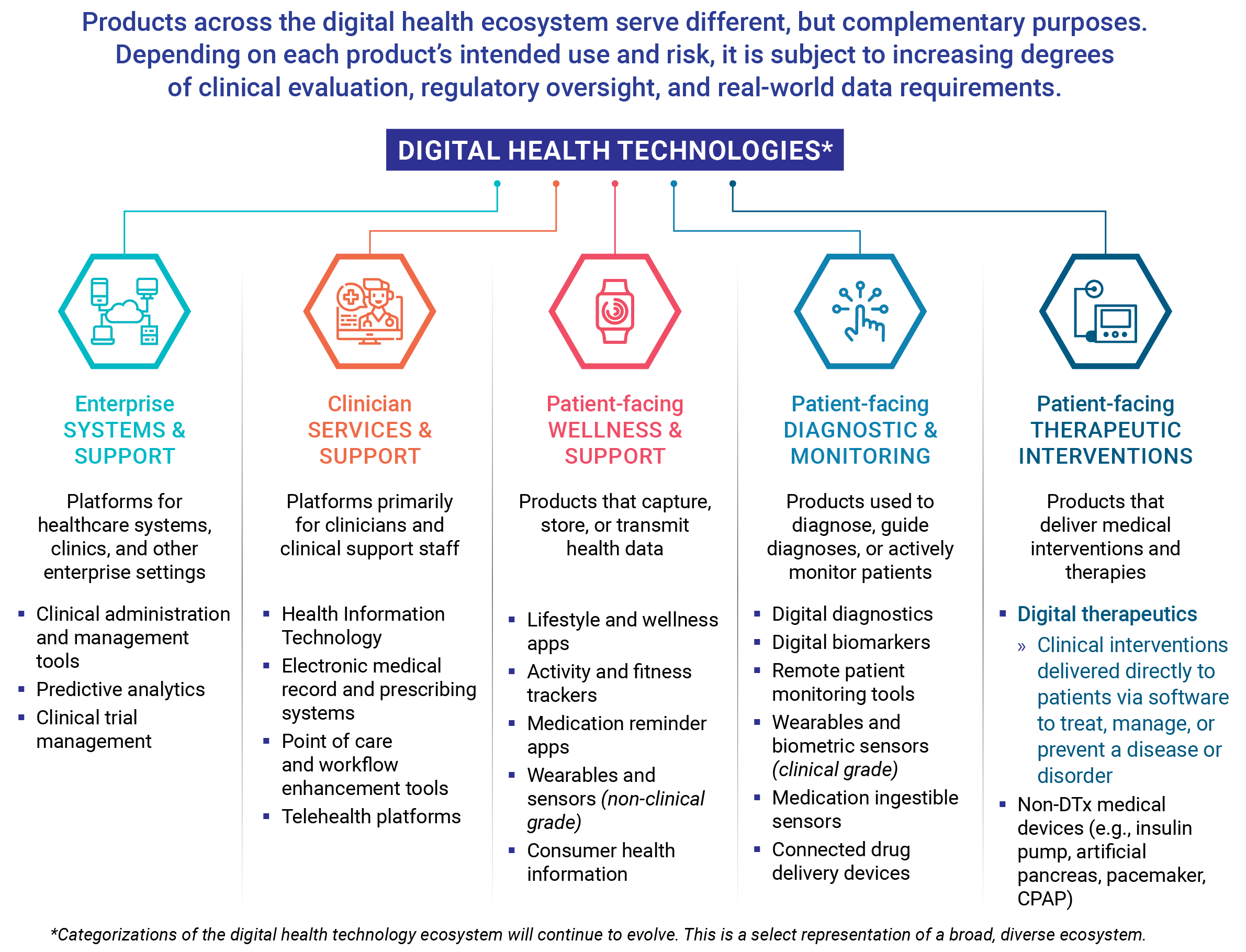Digital Therapeutics The Future of Healthcare?
What are Digital Therapeutics?
Digital therapeutics (DTx) are clinically validated software programs designed to prevent, manage, or treat medical conditions. Unlike fitness trackers or apps offering general wellness advice, DTx solutions are evidence-based, offering a level of therapeutic efficacy comparable to traditional medicine. They leverage technologies like mobile apps, wearables, and telehealth platforms to deliver interventions that address specific health needs. This can range from providing personalized behavioral therapy for anxiety to helping manage chronic conditions like diabetes through remote monitoring and tailored feedback.
The Growing Need for Accessible and Affordable Healthcare
The global healthcare system faces increasing pressure. Rising costs, aging populations, and a shortage of healthcare professionals create a critical need for more accessible and cost-effective solutions. DTx offers a promising pathway to address these challenges. They can provide care in remote areas with limited access to specialists, reduce hospital readmissions, and minimize the need for frequent in-person appointments, leading to significant cost savings for both patients and healthcare systems.
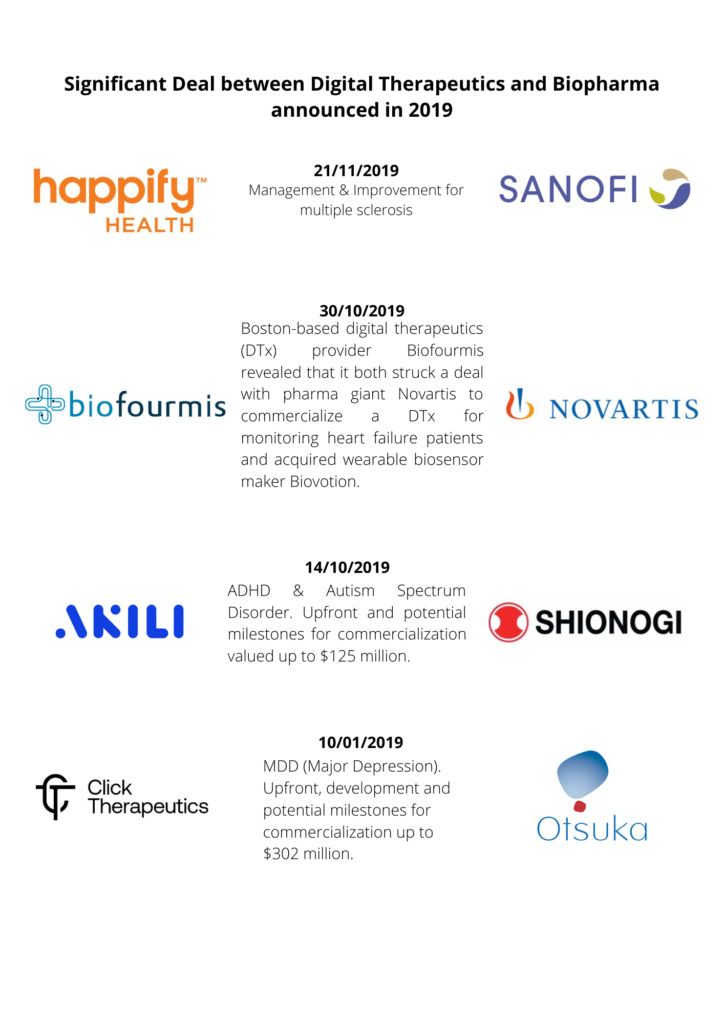
DTx: A Powerful Tool for Personalized Medicine
One of the most exciting aspects of DTx is its potential for personalization. Traditional medicine often adopts a “one-size-fits-all” approach. DTx, however, can collect vast amounts of data on individual patients, allowing for the development of highly personalized treatment plans. This data-driven approach can lead to more effective interventions tailored to a patient’s unique needs, preferences, and health profile, ultimately improving treatment outcomes and patient satisfaction.
Examples of Successful Digital Therapeutics Applications
Numerous DTx applications are already proving their effectiveness. For instance, apps for smoking cessation have demonstrated success rates comparable to traditional therapies. Similarly, DTx programs designed for managing chronic pain have shown significant improvements in patients’ quality of life. In mental health, DTx solutions for anxiety and depression are gaining traction, offering convenient and accessible support for individuals who may struggle to access traditional therapy.
Addressing Concerns about Data Privacy and Security
With the increasing use of DTx, concerns about data privacy and security are paramount. Patient data collected through these applications must be handled responsibly and ethically, ensuring compliance with relevant regulations. Robust security measures are crucial to prevent data breaches and protect patient confidentiality. Transparency and clear communication with patients about data usage policies are essential to build trust and encourage widespread adoption.
The Regulatory Landscape and Future Development of DTx
The regulatory landscape for DTx is evolving rapidly. Health authorities worldwide are working to establish clear guidelines and approval processes for these innovative therapies. This regulatory framework will play a vital role in ensuring the safety and efficacy of DTx solutions. As the technology advances and more clinical evidence emerges, we can expect to see a wider range of DTx applications addressing a broader spectrum of medical conditions.
Integration with Existing Healthcare Systems
For DTx to reach its full potential, seamless integration with existing healthcare systems is crucial. This involves collaboration between healthcare providers, technology developers, and regulatory bodies. Developing interoperable systems that allow for the exchange of patient data between DTx platforms and electronic health

